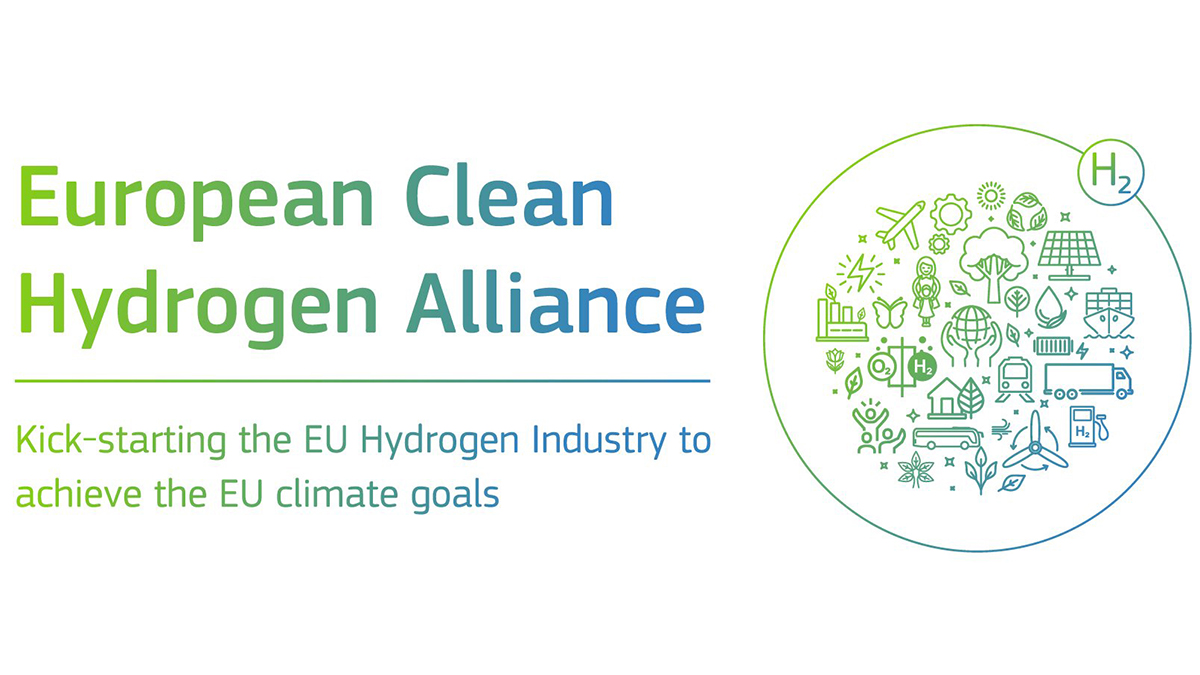
PowerUP is part of the hydrogen revolution happening right now
November 8, 2020
PowerUP is a member of the European Clean Hydrogen Alliance
December 16, 2020Hydrogen: A fuel that could transform the energy sector

Our planet needs a cleaner and more sustainable energy system.
Climate change and nations’ struggles to contain its effects are real. It is estimated that the greenhouse gases emitted in a normal business scenario would increase the average global temperature by about 4°C unless our current energy system changes to renewable alternatives. This would also raise sea levels, shift climate zones, make extreme weather and droughts more frequent, and cause other changes, all influencing social, biological, and economic systems.
In December 2015, 195 countries signed the Paris Climate Agreement to keep global warming below 2°C. This ambitious goal required global economies to decarbonise large parts of the world’s energy system, transitioning from fossil fuel consumption to cleaner renewable resources. When it comes to clean, renewable resources, hydrogen tops the chart. It has been chased by economies worldwide because whether used in a fuel cell or burned to create heat, clean water is the only exhaust it emits.
Hydrogen’s versatility makes it a great contender for energy transition
Electricity generation is the energy sector’s main activity, with almost half the electricity produced in thermal power plants using fossil fuels. The energy sector is vital in solving climate change and acid rain issues as it is the primary source of sulphur dioxide emissions and a significant source of carbon dioxide and nitrogen oxide emissions. Hydrogen’s unique properties make it a powerful enabler for the energy transition, benefiting both the energy system and end-use applications.
Technologies already available today enable hydrogen to produce, store, move, and use energy in different ways. Various fuels can produce hydrogen, including renewables, nuclear, natural gas, coal, and oil. It can be transported as a gas by pipelines or in liquid form by ships, much like liquefied natural gas (LNG). It can be transformed into electricity and methane to power homes and feed industry, and into fuels for cars, trucks, ships, and planes.
Hydrogen can help tackle various critical energy challenges
Hydrogen has the potential to be a powerful enabler of the energy transition the world demands today, as it offers a clean, sustainable, and flexible option. It offers ways to decarbonise a range of sectors such as long-haul transport, chemicals, and iron and steel where it is otherwise difficult to reduce emissions. It can also help improve air quality and strengthen energy security.
In the modern energy world, the word hydrogen is becoming more and more popular.
For power generation, hydrogen is one of the leading options for storing renewable energy, and hydrogen and ammonia can be used in gas turbines to increase power system flexibility. However, transitioning to hydrogen energy is costly and will require future policy amendments that will accelerate the transition and affordability.
Hydrogen production costs from the electrolysis of renewables are expected to decrease by 50% as electrolysis Capex decreases with increasing application by 2050. Thus, hydrogen’s contribution to the energy sector needs to be strongly reaffirmed now.



